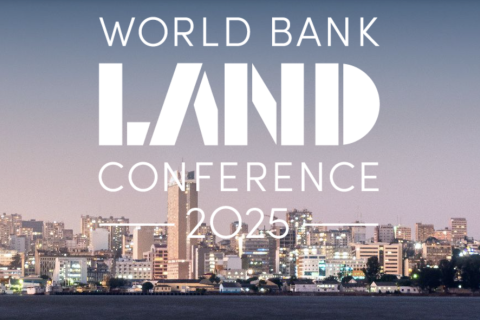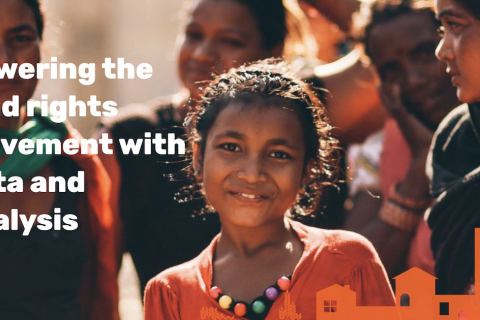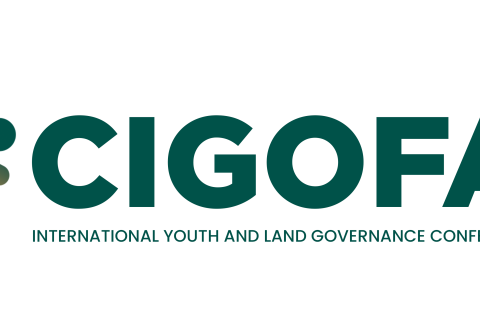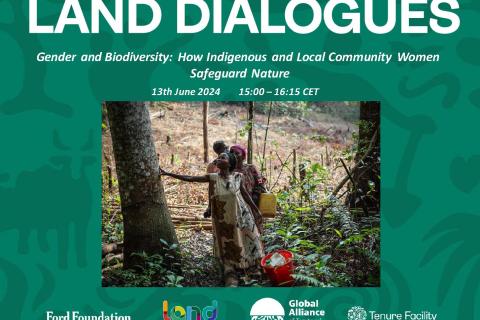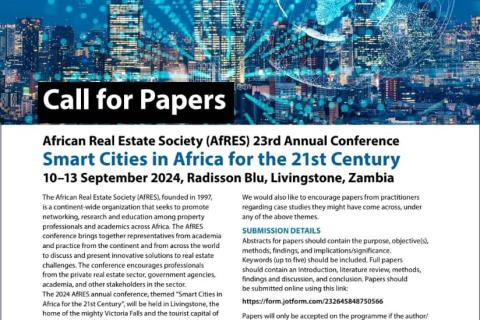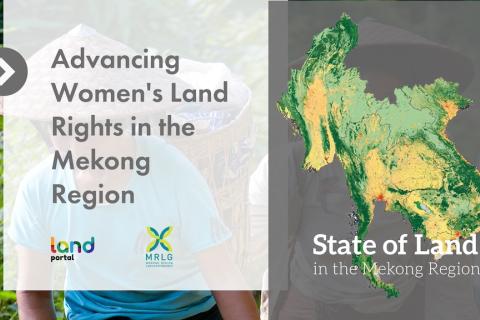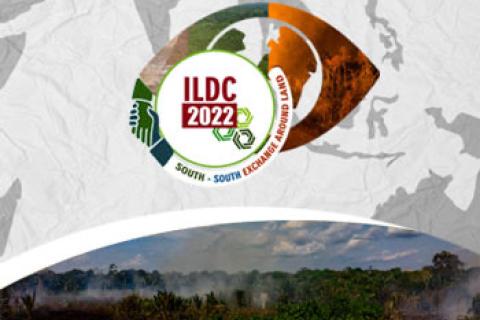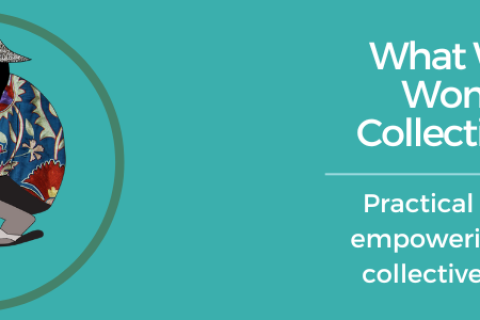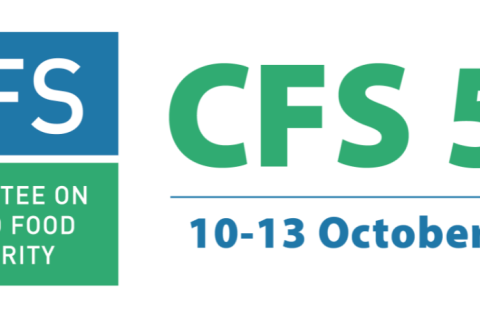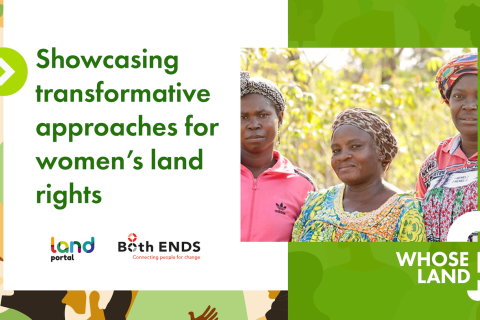Launch of Prindex Report: Global tenure security and property rights
The right to adequate housing and the peaceful enjoyment of private property are fundamental human rights. Yet, globally, the accessibility and security of these rights remain unequal and unsustainable.
4th CIGOFA, International Youth and Land Conference in Africa
Gender and Biodiversity : How Indigenous and Local Community Women Safeguard Nature
Indigenous women’s knowledge is rooted in ancestral understanding of the natural world and the accumulation of observations of local phenomena. The most significant aspect of Indigenous women holding and preserving these traditional knowledge is their holistic approach, which encompasses a wide range of domains beyond mere specialization. They possess an intricate understanding of various species, considering their nutritional value, medicinal properties, and ecological roles. This knowledge, passed down through generations, not only enriches their communities but has been crucial for western science. Indigenous women's insights have often informed Western understandings, leading to the development of medicines and a deeper understanding of climate phenomena such as droughts, floods, and biodiversity migration.
African Real Estate Society 23rd Annual Conference 2024
Theme: Smart Cities in Africa for the 21st Century
Women’s Participation in Land Governance in the Mekong: Moving Beyond Quotas to Meaningful Inputs and Influence
Join us in a webinar that will shine light on two groundbreaking reports concerning gender and land governance in the Mekong region. The reports, "Outlook on Gender and Land in the Mekong Region" and "Towards Gender-Equitable Land Policy and Law Making in the Mekong Region," were produced in Phase II of the Mekong Region Land Governance (MRLG) program. This is the first webinar in the series ‘State of Land in the Mekong region.’ This series highlights the evolving environment of land governance in this dynamic region.
Taking Data Back: Women’s Sovereignty over Land Data
The theme for this year’s International Women’s Day is “DigitALL: Innovation and technology for gender equality”. The day aims to celebrate women and girls who are championing the advancement of transformative technology and digital education. It will also explore the impact of the digital gender gap on widening economic and social inequalities.
LDC 2022 : Les pressions mondiales sur les terres locales : Perspectives du Sud
Le thème de la sixième édition de l'ILDC en 2022 est "Global Pulls on Local Lands : Southern Perspectives". L'objectif est de poursuivre et d'élargir la portée des échanges Sud-Sud autour des conversations et des coopérations sur les terres, qui ont débuté lors du dernier épisode, tandis que l'accent des délibérations continuera d'être mis sur l'Inde.
ILDC 2022: Global Pulls on Local Lands: Southern Perspectives
The theme of the sixth edition of ILDC in 2022 is “Global Pulls on Local Lands : Southern Perspectives”. The objective is to further and expand the scope of South-South Exchange around land conversations and cooperations, that began during the last episode, while the focus of the deliberations will continue to be on India.
Webinar: What Works for Women on Collective Lands? (Panel 1)
Sharing practical strategies for empowering women on collectively-held lands
The 50th Session of the Committee on World Food Security (CFS)
A full-day ministerial segment on coordinating policy responses to the global food crisis; endorse newly agreed Policy Recommendations on Promoting Youth Engagement and Employment in Agriculture and Food Systems for Food Security and Nutrition; and focus on boosting responsible investment in sustainable agriculture and food system.
Showcasing transformative approaches for women’s land rights
This third Whose Land? webinar showcased gender transformative approaches on women’s land rights. Gender transformative approaches are defined by women acting as agents of change, transforming structural barriers and redefining gender norms. These approaches facilitate the participation of women in land governance decision-making processes, but require closing the land data gender gap.

